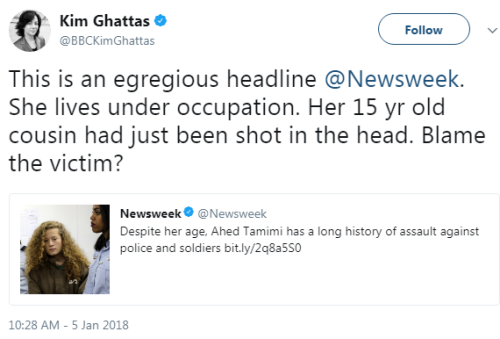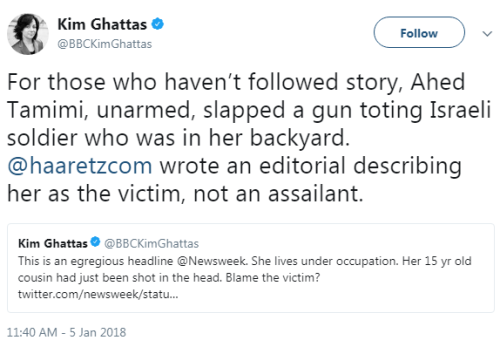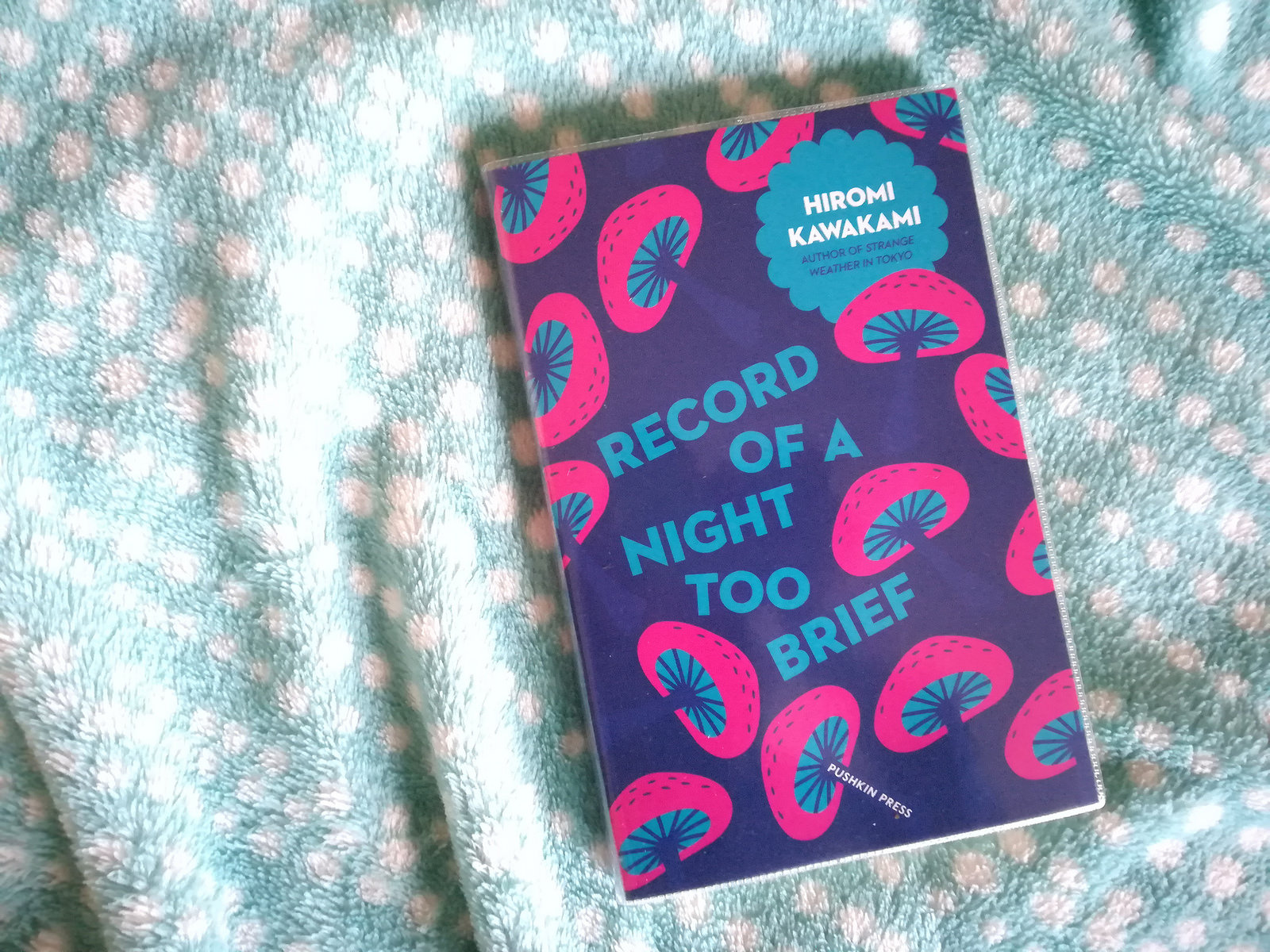h/t @Salted2
As readers may be aware, the BBC’s Editorial Guidelines on impartiality state:
“Presenters, reporters and correspondents are the public face and voice of the BBC – they can have a significant impact on perceptions of whether due impartiality has been achieved. Our audiences should not be able to tell from BBC output the personal prejudices of our journalists or news and current affairs presenters on matters of public policy, political or industrial controversy, or on ‘controversial subjects’ in any other area. They may provide professional judgements, rooted in evidence, but may not express personal views in BBC output, including online, on such matters.” [emphasis added]
Additionally, the BBC’s editorial guidelines on “Social Networking and Other Third Party Websites (including Blogs, Microblogs and Personal Webspace): Personal Use” include the following:
“…when someone clearly identifies their association with the BBC and/or discusses their work, they are expected to behave appropriately when on the Internet, and in ways that are consistent with the BBC’s editorial values and policies.”
“Impartiality is a particular concern for those working in News and Current Affairs. Nothing should appear on their personal blogs or microblogs which undermines the integrity or impartiality of the BBC. For example, News and Current Affairs staff should not: […]
- advocate any particular position on an issue of current public controversy or debate.” [emphasis added]
Nevertheless, on January 5th the BBC’s Washington correspondent Kim Ghattas did just that while criticising another media organisation.


So much – once again – for BBC impartiality.
Related Articles:
BBC News producer breaches impartiality guidelines on social media
A BBC correspondent’s recommended reading
Impartiality fail from BBC’s Barbara Plett
Why is a BBC correspondent speaking at the J Street conference?
Advertisements Share this:




